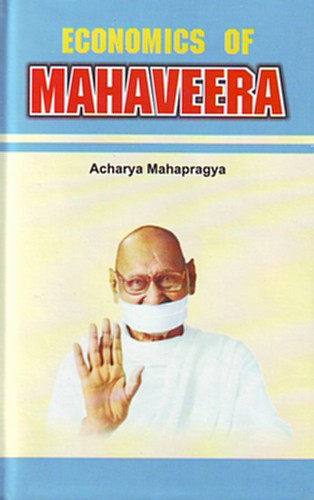
Two passengers were sitting side-by-side in a railway coach. One of them got up and closed the window. The other one got up and opened the window. And the drama went on and on, one person opened the window, the other closed it. The ticket examiner came. The passengers told him about the scene created by those two persons and said that it was bothering them. The ticket examiner asked these two persons why they were doing this. The first one said, "I feel hot, I feel suffocated. Why then I shall not open the window?" The other said, "I feel cold, why I should not close the window“. The ticket examiner took both of them to the window and told them to have a look at it. They found that the window did not have glass panes at all.
When there is no glass pane, what is the benefit in closing and opening the window? Our imaginary wants, the unreal expectations, are such that we tend to forget the reality. That is why Mahavira says that we should limit our imaginary wants and exercise restraint. It is essential that we limit wants and the means to satisfy them.
Remember, Mahavira did not say that only the soul is real and the world is unreal. He did not even maintain that man's conduct is unreal. It also is a reality. The material world is also a reality. Expectations, needs and means are also a reality. However, do not let them become uncontrolled. Do not violate ethical standards. Put a limit to them. He gave also a very good method so that no harm is done to the fundamentals; no harm is done to the body, the mind and the feelings.
Television does harm to our sense organs. So many children have become strong addicts; so many people have weakened their eyesight.
I read in the newspapers that in Britain spectacles for children had a big sale. When the reason was investigated, it was found that the children see television sitting very close to it and, that too for long hours. This has led to more eye-related problems and the use of spectacles is increasing. This is excessiveness, a tendency for extravagance.
 Acharya Mahaprajna
Acharya Mahaprajna

